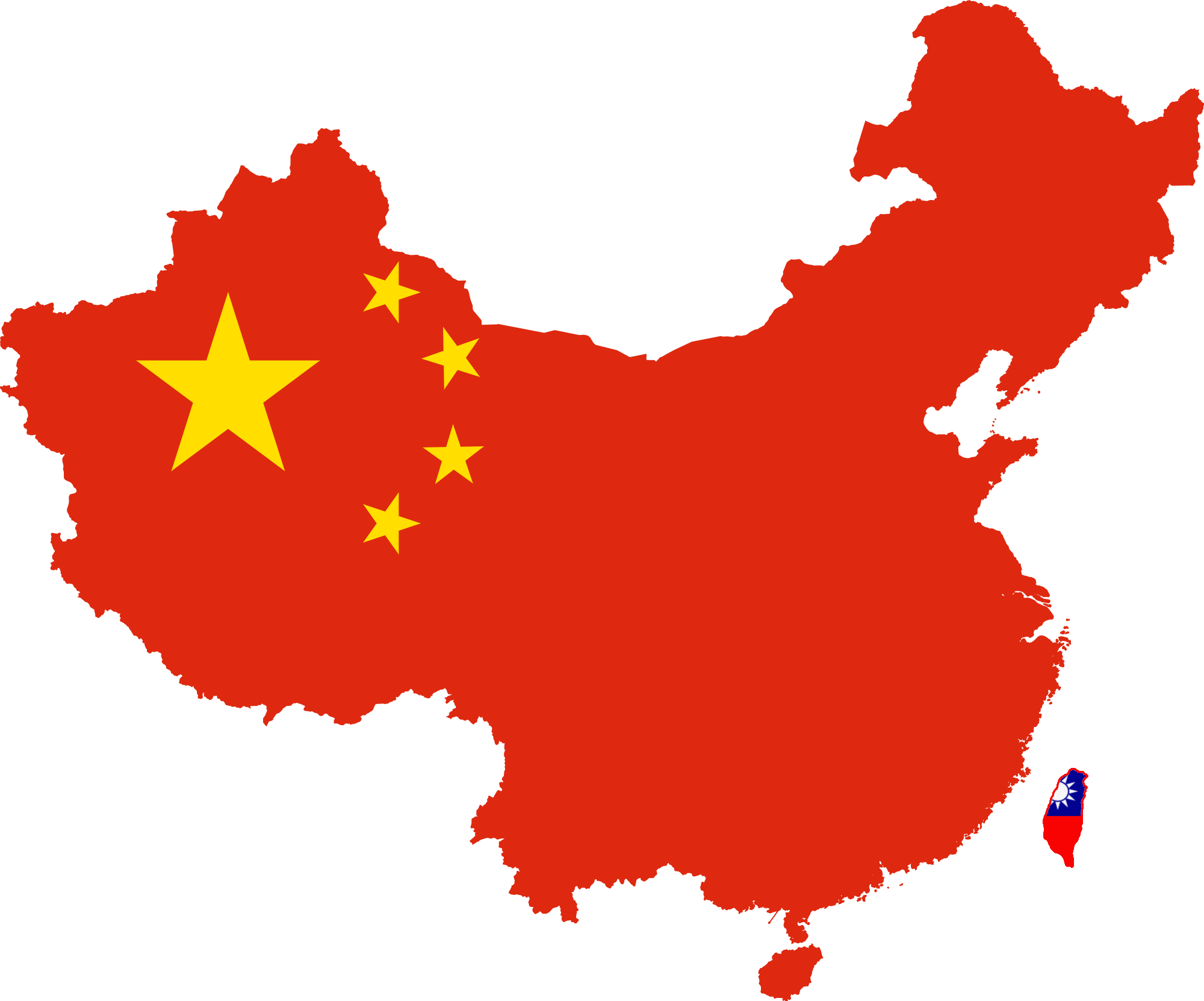 The director of the FBI and head of the United Kingdom’s domestic intelligence arm warned China’s continued “planned professional activity” of worldwide espionage poses an increasing danger to their countries’ national security, technological developments in aerospace and communications and long-term economic well-being.
The director of the FBI and head of the United Kingdom’s domestic intelligence arm warned China’s continued “planned professional activity” of worldwide espionage poses an increasing danger to their countries’ national security, technological developments in aerospace and communications and long-term economic well-being.
“We consistently see that it’s the Chinese government that poses the biggest long-term threat to our economic and national security,” said FBI Director Christopher Wray at a joint appearance Wednesday in MI5’s London headquarters.” ”By ‘our,’ I mean both of our nations, along with our allies in Europe and elsewhere.”
Beijing is no longer “flying under the radar” as a major threat, Wray said.
MI5 Director Gen. Ken McCallum said the Chinese government’s “covert pressure across the globe” amounts to “the most game-changing challenge we face.”
McCallum pointed to the case of Chinese intelligence officer Shu Yenjoon, who was convicted in an American court of economic espionage and theft of trade secrets from the aviation sector that had broader implications.
“Shu was active in Europe too,” McCallum said. “He’d been part of a prolific Ministry of State Security network targeting the aerospace sector. MI5 worked with those being targeted in the UK to mitigate the risks until the FBI action could solve the problem for both of us.“
McCallum added that in May MI5 disrupted a major Chinese effort targeting U.K.’s aerospace sector.
McCallum also said China was seeking an information advantage with direct military impact.
“In Estonia, a NATO maritime scientist was convicted for passing information to his Chinese handlers, who claimed to be working for a think tank,” McCallum said.
He offered other cases involving academics and think tank researchers who traded illegally with Beijing and cautioned against industry collaborating too closely with Chinese aerospace and communications firms.
Senior business leaders and leading academics attended the briefing.
Like McCallum, Wray warned American businesses to be extremely careful when dealing with the Chinese firms, particularly now, since Chinese businesses and the government have seen the impact of sanctions on Russia following its Feb. 24 invasion of Ukraine.
He said the Chinese are moving to insulate themselves against possible economic sanctions if they invade Taiwan.
Wray warned at a press conference following the joint appearance that if China forcibly took Taiwan, it would “represent one of the most horrific business disruptions the world has ever seen,” the BBC reported. Not only would supply chains be affected as they have been in the COVID-19 pandemic, Western investments in China could be held “hostage” in an armed conflict.
“I don’t have any reason to think their interest in Taiwan has abated in any fashion,” Wray said.
At the joint appearance, McCallum said his agency has seen its investigations of Chinese activity grow seven times over its workload in 2018.
“We plan to grow as much again, while also maintaining significant effort against Russian and Iranian covert threats,” McCallum said. “And it’s not just about scale, it’s about reach. Working hand-in-glove with international partners, sharing data in new ways and mounting joint operations make us much more than the sum of our parts. China is top of the Five Eyes Heads’ agenda, and our teams are working together closely on our shared priorities. We’re doing likewise with our close European partners.”
“Five Eyes” refers to the sharing of intelligence among the United States, United Kingdom, Canada, Australia and New Zealand.





